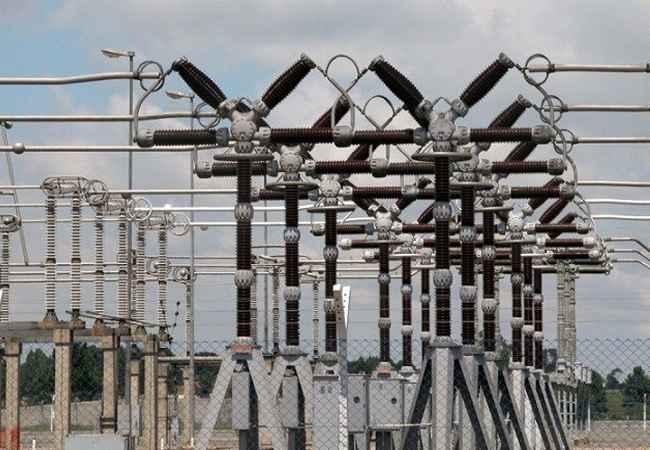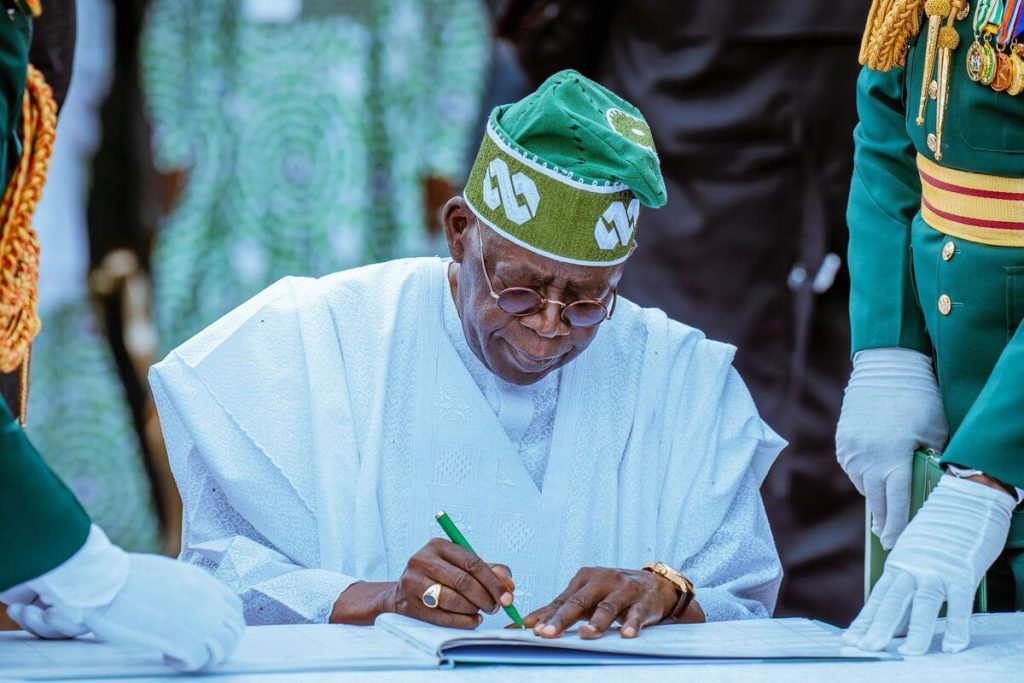News
Eliminate Fuel, Electricity Subsidies Completely – IMF Tells FG

-
IMF urges Nigerian government to eliminate fuel and electricity subsidies to avoid increased GDP impact.
-
Despite removal of fuel subsidies, IMF criticizes inadequate compensatory measures
-
Protestors call for reversal of electricity tariff changes amidst IMF recommendations
EKO HOT BLOG reports that the International Monetary Fund (IMF) has cautioned the Nigerian government to eliminate what it termed implicit fuel and electricity subsidies.
In a recent report, the IMF highlighted that these subsidies would consume three percent of the nation’s Gross Domestic Product (GDP) in 2024, compared to one percent in the previous year.
EDITOR’S PICKS
- 698 Civil Servants To Benefit As Lagos Govt Plans Home Allocation Via Ballot System
- Students Abducted As Bandits Invade Kogi Varsity
- Nigeria On The Right Path To Attain Food Self-Sufficiency – Tinubu
The report also praised the Federal Government for phasing out “costly and regressive energy subsidies,” emphasizing that this was essential for creating fiscal room for development expenditures and enhancing social protection while ensuring debt sustainability.
President Bola Tinubu’s administration removed fuel subsidies during his inauguration on May 29, 2023.
IMF noted, however, that “adequate compensatory measures for the poor were not scaled up promptly and subsequently paused over corruption concerns.
Capping pump prices below cost reintroduced implicit subsidies by end-2023 to help Nigerians cope with high inflation and exchange rate depreciation.”
The body also acknowledged that the price of electricity had tripled for high-use premium consumers on Band A feeders, 15 per cent of the 12 million customers who account for 40 per cent of electricity usage.
As Nigerians agitate for the reversal of the Band A tariff from N206.80 per kilowatt-hour to N68, IMF submitted that “the tariff adjustment will help reduce expenditure on subsidies by 0.1 per cent of Gross Domestic Product, while continuing to provide relief to the poor, particularly in rural areas”.
The IMF advocated that “once the safety net has been scaled up and inflation subsides, the government should tackle implicit fuel and electricity subsidies”.

electricity subsidies
It warned, “With pump prices and tariffs below cost-recovery, implicit subsidy costs could increase to 3 per cent of GDP in 2024 from 1 per cent in 2023. These subsidies are costly and poorly targeted, with higher income groups benefiting more than the vulnerable”.
The IMF reechoed that “as inflation subsides and support for the vulnerable is ramped up, costly and untargeted fuel and electricity subsidies should be removed, while, e.g., retaining a lifeline tariff”.
It projected that the implicit fuel subsidy could gulp as high as N8.4tn in 2024 from N1.85tn in 2023, N4.4tn in 2022, N1.86tn in 2021 and N89bn in 2020.
The electricity subsidy being paid to customers under Band B, C, D, and E was projected to stand at N540bn by the end of 2024.
The Nigerian National Petroleum Company and the Minister of State for Petroleum (Gas), Heineken Lokpobiri, have repeatedly debunked claims that the Federal Government was paying fuel subsidies through the back door.
FURTHER READING
- Rivers: Fubara In Hot Water As Clerk Announces Wike’s Ally As Speaker
- Emefiele’s Legal Fight Deepens: EFCC Reveals New Proof
- JUST IN: Tinubu Approves New Role For Petroleum Minister
Meanwhile, the IMF’s call for the removal of electricity subsidy is coming amid protests from Nigerians who are calling on the Minister of Power, Adebayo Adelabu, to return the Band A tariff to the status quo.
Click here to watch our video of the week:
Advertise or Publish a Story on EkoHot Blog:
Kindly contact us at [email protected]. Breaking stories should be sent to the above email and substantiated with pictorial evidence.
Citizen journalists will receive a token as data incentive.
Call or Whatsapp: 0803 561 7233, 0703 414 5611















